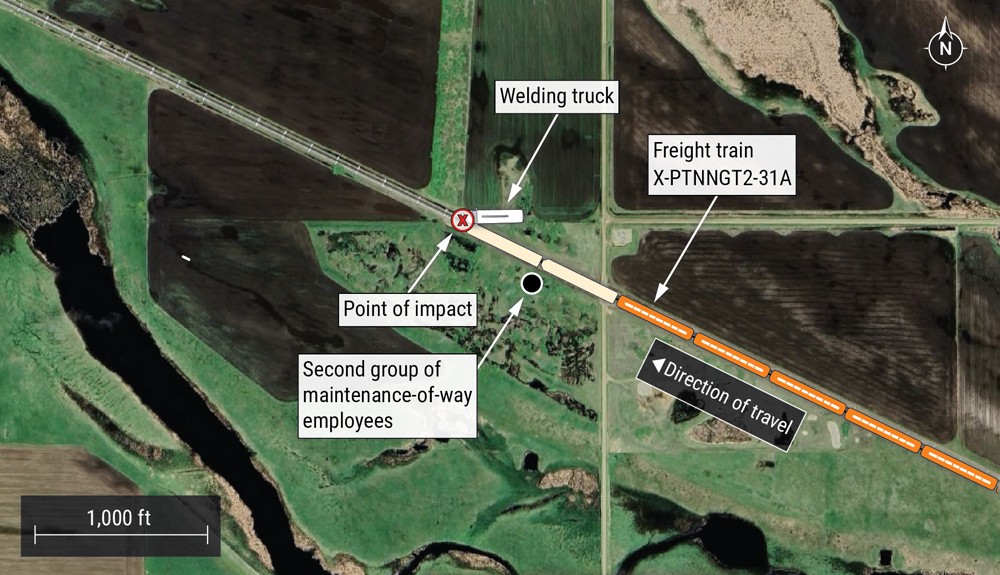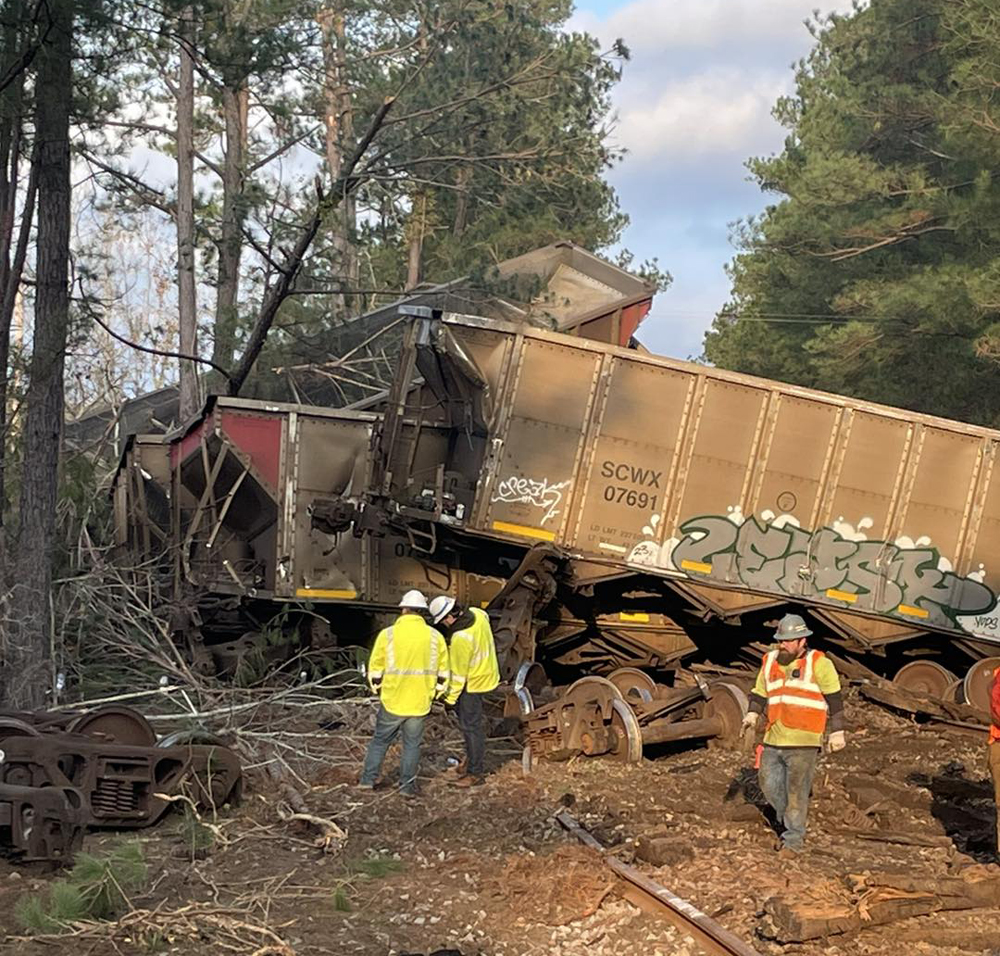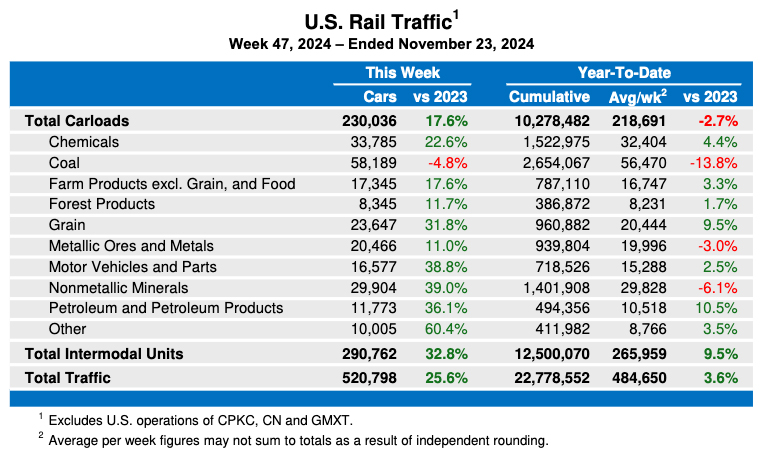 TORONTO — Activist investor TCI Fund Management says it is building support among other shareholders for its effort to replace Canadian National’s CEO and board chairman in the wake of the regulatory setback for CN’s effort to purchase Kansas City Southern.
TORONTO — Activist investor TCI Fund Management says it is building support among other shareholders for its effort to replace Canadian National’s CEO and board chairman in the wake of the regulatory setback for CN’s effort to purchase Kansas City Southern.
The Toronto Globe and Mail, in a paywalled article, reports TCI partner Ben Walker said the investment firm has been talking with other large investors and claimed many were similarly unhappy with CN’s management.
“I think there’s a lot of like-minded shareholders out there. We’ve spoken to them,” Walker told the Globe. He declined to name those shareholders.
TCI, CN’s second-largest shareholder, owns more than 5% of the company, with shares worth more than $4 billion. In May, it had sent CN management a letter opposing the effort to acquire KCS because of the regulatory risk, and said it would seek the ouster of CEO JJ Ruest and chairman Robert Pace if the effort failed.
After the Surface Transportation Board on Tuesday denied the CN-KCS request for a voting trust while the merger underwent regulatory review, TCI followed through, calling for former CN Chief Operating Officer Jim Vena to replace Ruest and seeking the addition of former Illinois Central and CN board member Gil Lamphere to the current board [see “Major CN investor calls for ouster …,” Trains News Wire, Aug. 31, 2021].
Walker told the Globe and Mail the next steps in the effort to remove Ruest and Pace were not clear and depended on what other shareholders will do.














Didn’t CN pay KCS $700 million to get KCS off the CP merger breakup fee. Now, should CN back out with merger proposal (or final STB ruling turns down merger) CN is on hook for another $1 Billion.
That’s $1.7 billion thrown out the window that could have gone to investors. Isn’t that what TCI is behind.
Paul, From KCS’s perspective, they are making more by accepting CP’s lower bid and by getting the cash from CP and CNI. As to whether it will go to their investors, will KCS pay a special dividend prior to the deal closing? If not, then CP will by buying its (and CNI’s) cash back at a higher price. So, the short winners will be existing KCS management. Clearly the $1.7 billion could have better spent on infrastructure improvements. The big loser: CNI.
Isn’t it amazing that a group that has over 5 percent of the stock (but it must be less than 6 percent) can come in and try to tell a company how they should run their operation.
The market believes otherwise; CNI stock up $17.00 per share, 15%, since last week.
I doubt that the stock price rose because TCI wants to replace current management. It’s because CN won’t now be overpaying to buy KCS at inflated prices, even though they forced CP to offer $2 billion more than their original offer.
I recall reading an interview article with Claude Mongeau, the CN CEO after EHH swept through CN. EHH left customers (The ones who pay the bills.) furious with the service cuts in the zeal to implement PSR. (Sarcasm on: Isn’t that oxymoronic?) Claude was left to pick up the pieces and restore customer service.
I do agree with Walker that it was foolish of Ruest to go after KCS. That would have given CN two of the most direct north south routes to the Gulf states. Perhaps Ruest was hoping for a bidding war, reminiscent of the NS-CSX bidding war for CR. Perhaps Ruest was trying to goad CP into going all in, which would have put CP into a weakened financial condition. Or most likely, ego blinded Ruest to the fact that the STB would not approve this merger.
All of that said, and in my opinion, putting Vena in charge will return CN to the days of EHH, which will return customer anger, invite government oversight, and put CN in a weakened financial condition.
TCI wants Jim Vena brought in to CN management. CN’s current direction with current management strategies looks for growth through strengthening its coastal intermodal access and terminals and providing more capacity on its core lines. This will bring growth and overall profit increase. Bringing in Jim Vena with his focus on short term goals might bring 1 or 2 quarter profit increase from reducing capital (aka maintenance on track and assets) but will really hurt CN for the long term. After a short term stock rise, it will allow these stock funds to take their money and run and leave a depleted CN. Just look what he did to Union Pacific. How long will it take for U.P to recover and achieve any long term growth in the future based upon his mark?